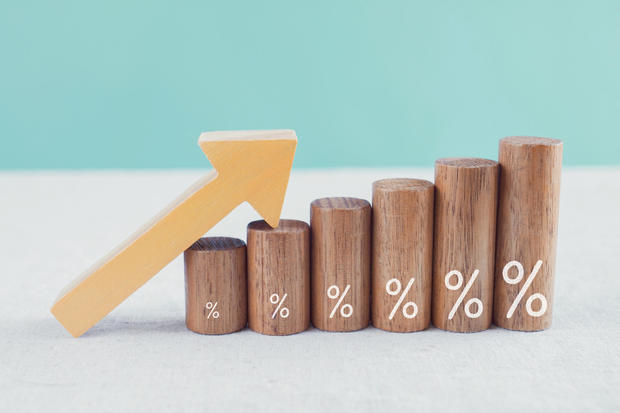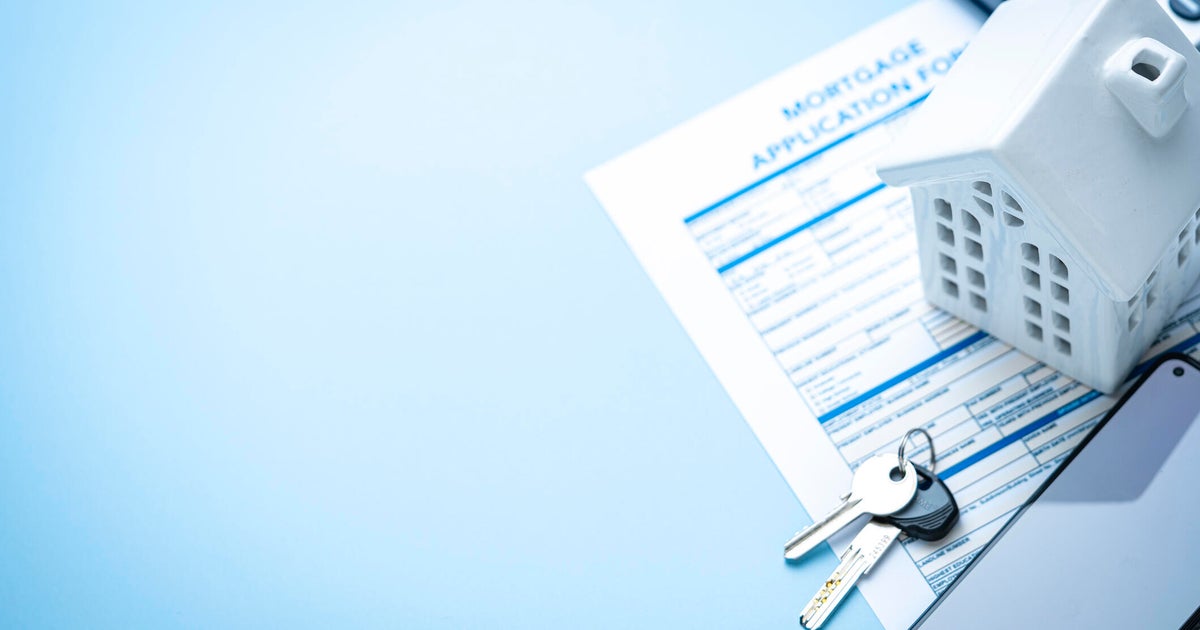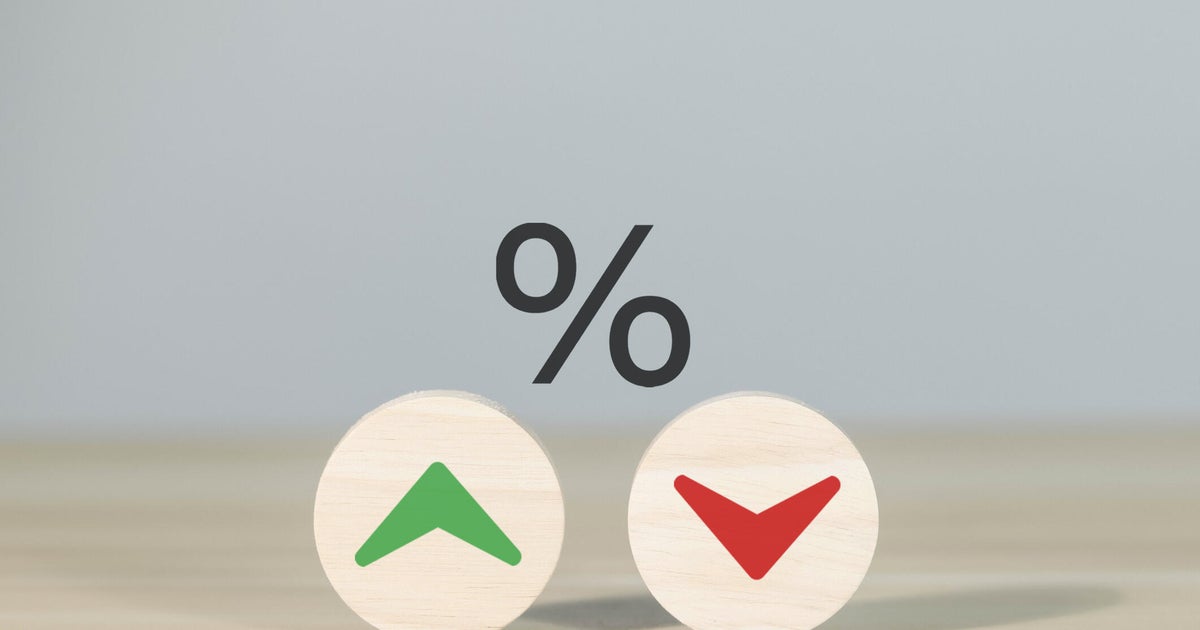Where are home equity rates heading? Here's what experts think
While inflation is cooling and the Fed's rate hikes may be slowing down, many Americans are still feeling a strain on their wallets. If you're a homeowner looking for the best way to cover higher-than-normal expenses, borrowing against your home equity may be a good option. Home equity loans (and HELOCs) typically have lower rates than unsecured options like personal loans or credit cards. But rate-wise, is now the best time to take pursue these options?
Start by exploring your home equity options here now to see what rate you're eligible for.
Mortgage interest rate trends
"Generally speaking, home equity rates tend to rise and fall in tandem with other interest rates, such as mortgage rates," says Jason Skinrood, a senior loan officer at Supreme Lending.
Although they do tend to be slightly higher due to the second lien position they hold. Over the past three years, mortgage rates have been volatile due to the Fed's interest rate adjustments during and after the pandemic.
When the Fed dropped the federal funds rate to near-zero in 2020 and through the beginning of 2022, 30-year mortgage fixed rates hit record lows, dipping below 3%. The Fed's rapid succession of rate hikes during 2022 then drove mortgage rates up to 7% by the end of the year — beyond the pre-pandemic average.
Now in 2023, amidst three additional Fed rate hikes, the rates have stabilized between 6% and 7%.
Where are home equity interest rates heading?
It depends on various factors, namely, if the Fed continues with more rate hikes.
"Home equity rates rise and fall with the Fed Funds Rate," explains Dan Green, the CEO of Homebuyer.com. "The Fed's dot plot suggests it's not done raising rates. Homeowners with HELOCs can expect another quarter-point jump in June. Then, the Fed will start pulling back."
"By the end of 2024, we'll be 200 basis points lower," adds Green.
"Other factors that could influence home equity rates are the strength of the housing market, inflation rates, and job growth," says Skinrood.
Check your home equity loan rate options here now to learn more.
Is it a good time to get a home equity loan?
In the context of the past decade, interest rates are currently on the higher end right now. While it would've been ideal to snag an APR of around 3% during the pandemic, that ship has sailed and it's not likely coming back anytime soon.
However, home equity loan rates are looking more stable and are still going to beat the rates you can get on unsecured loan products in most cases. You may also be able to write off the interest costs if you use the funds on qualifying home improvements.
Additionally, if rates do end up dropping in the years to come, you can refinance your home equity loan to lock in a lower rate — although the savings will need to justify the closing costs and fees.
Want to find the best deal on a home equity loan? Check out lenders offering the lowest rates right now.
Interest rate trends for other consumer credit products
Mortgage and home equity interest rates aren't alone in being tied to the Fed rate. All consumer credit products are impacted similarly.
The average national interest rates on credit cards, personal loans and auto loans all dipped during 2020 and 2021 and have since risen above pre-pandemic levels.
However, with unsecured loan products like credit cards and personal loans, the average interest rates are considerably higher than those on secured credit products like auto or home equity loans. As a result, they can be an expensive way to borrow — especially when rates are trending high across the board.
For example, on average, you'd pay 20% per year on a balance carried on a credit card vs. around 6% to 7% for the same balance carried through a home equity loan. Compare to these alternatives, a home equity loan or HELOC may be the more cost-effective option to pursue.




